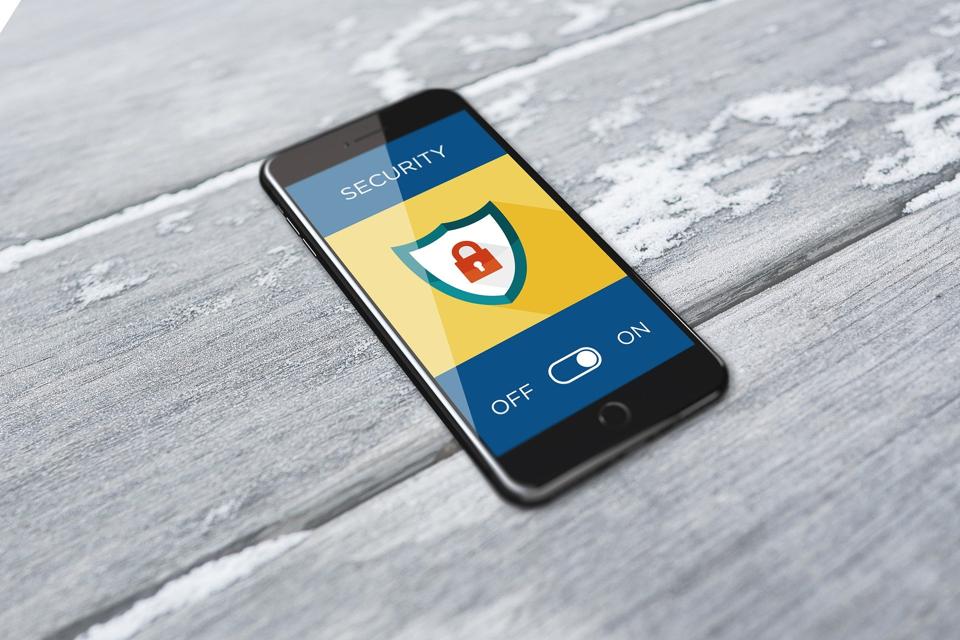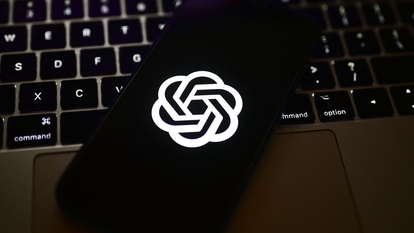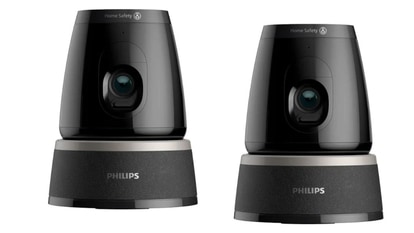Here are 6 ways to keep your personal data safe
More people online mean more subjects for hackers to go after with their phishing scams and data breaches. How do you make sure you stay safe?

The Covid-19 pandemic has locked us all up at home and placed us behind our laptop/PC screens as we work through the lockdown. However, more people online means more fake apps, websites, more phishing scams and more malware. You really don't need one more worry on your plate as you and your family struggle with the "new normal".
"In the last two months, people have adapted to 'work-from-home' as their new normal, joined the digital transaction revolution, and replaced their social lives with social media interactions. Establishing and coordinating a network for millions of people to interact online safely is a huge challenge, even for the most advanced technology companies, simply because it has never been done before," said VFS Global's Privacy and Group Data Protection Officer Barry Cook said.
To help you out, Cook has six suggestions that can help you minimise the risk of data breach while at home. Some of these you might already be doing, but a reminder always helps.
Secure your WiFi and router passwords
The Wi-Fi networks you use at home are not nearly as secure as the ones used commercially. One of the simplest things you can do is ensure that your home networks are secure through strong and frequently changed passwords and security protocols set to WPA2 or higher.
If you use IoT devices at home (such as digital assistants, smart appliances, etc.), consider creating a subnet in your existing router, which makes it a separate network. This way, even if one smart device is hacked, you prevent it from taking over other devices at home. There are plenty of tips online on how to do this.
Don't hit snooze on that software update
Everyone has been guilty of clicking the little "remind me later" button each time a software or OS update pops on your laptop and other personal devices. Quick tip - don't! One of the most common ways hackers use to target is by looking for vulnerabilities in your operating system and apps. By just updating your device when prompted, you can patch these holes, making it much harder for anyone looking to scrape your data.
Be cautious while using personal devices on company time
It is often tempting, and sometimes necessary, to check and reply to your early morning emails on your phone, while still in bed. However, depending on the policies of your organisation, communication from personal devices may not be as well encrypted as your company-issued laptops, increasing your risk of exposure and data loss. Your IT department works hard to set up a robust infrastructure that protects you and your company from unintentionally sharing or losing confidential data - so keep this in mind while juggling work between company and personal devices.
Don't fall for phishing
Phishing scams are not new. Our current situation has given rise to several frauds on emails and SMS messages linked to Covid-19 - a typical strategy used by scammers to reel in unsuspecting people by pretending to impart urgent information - and then deploy ransomware to lock down the device.
The best way to avoid this is not clicking on any links or attachments that come from unknown senders. Also, look for discrepancies in the way the message is written/formatted, they often have incorrect grammar or typos. Even if you receive emails from a company you are familiar with, it's best to visit the official website for more information, rather than clicking on in-mail links.
Video-calling precautions
Remote working and the need to lead virtual social lives have increased the reliance on video conferencing applications tremendously - which naturally invite potential for notoriety as well. To avoid unwelcome parties from gatecrashing your video-calls, make sure you "lock" your virtual meeting room (an option provided by most popular apps). Take the time to share the meeting invite URLs personally with your colleagues and friends, and don't post it on any social media platforms.
It's always a good idea to use a random meeting ID generator wherever possible, instead of using your personal ID (which is bound to be linked to other accounts and apps), to reduce exposure. In addition to that, make sure you're using the latest version of whichever application you choose for video calling, so the security patches are up-to-date.
Digital spring clean
To give yourself a head start, a good precaution to take is to clear out any old, inactive accounts that are lurking in the corners of your virtual world. By deleting them, you are reducing the avenues your data is available on and therefore limiting exposure. Part of this spring clean should also include installing an encrypted password manager that generates and manages unique and impersonal passwords for you, which are difficult to guess and significantly reduce your privacy risks.
With just a little planning and by using these tips, you can ensure your personal and work data are secure at all times, additional source of stress. Make sure you stay safe in both - your real and virtual lives.
Catch all the Latest Tech News, Mobile News, Laptop News, Gaming news, Wearables News , How To News, also keep up with us on Whatsapp channel,Twitter, Facebook, Google News, and Instagram. For our latest videos, subscribe to our YouTube channel.


























